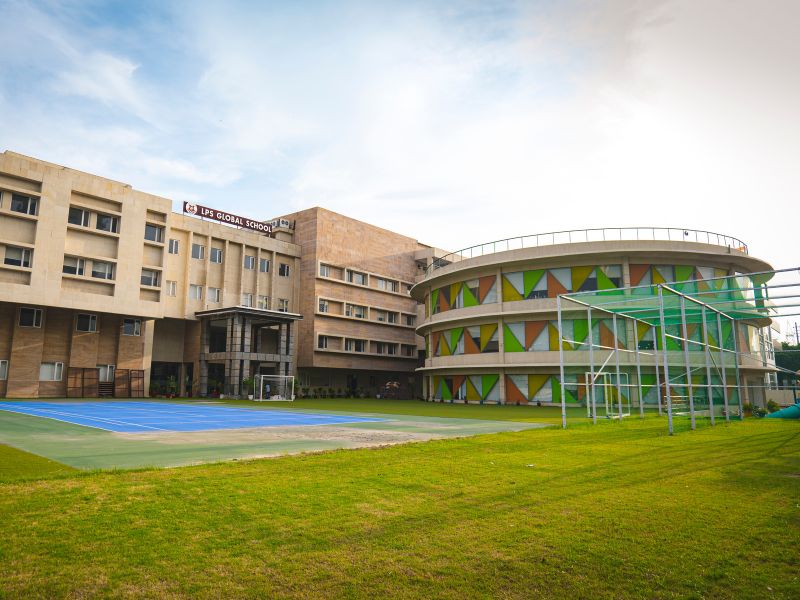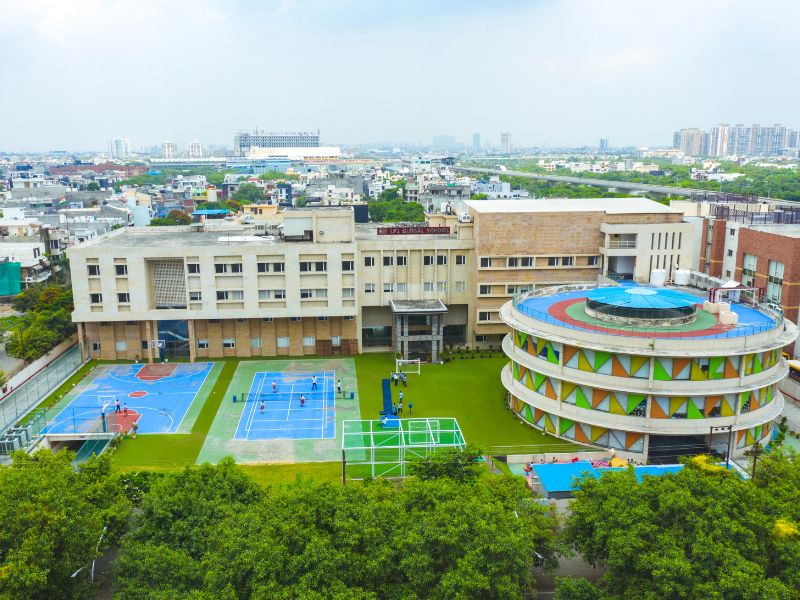Educators and adaptive learning: A symbiotic relationship
In the ever-evolving landscape of education, the symbiotic relationship between educators and adaptive learning technologies is shaping the future of learning experiences. Adaptive learning, a pedagogical approach that tailors instruction to individual learners, is revolutionising traditional teaching methods. This blog will delve into the intricate partnership between educators and adaptive learning technologies, exploring how this synergy enhances student outcomes, empowers teachers, and redefines the educational journey.

Understanding Adaptive Learning:
Adaptive learning is an educational method that leverages technology to tailor learning experiences to individual students’ needs. This approach represents a paradigm shift from traditional one-size-fits-all teaching models to a more personalized learning environment.
- Data-Driven Instruction: Adaptive learning systems collect and analyse data on student performance, allowing educators to understand each student’s unique learning path. This data guides teachers in customizing instruction, addressing specific strengths and weaknesses.
- Continuous Feedback Loop: In adaptive learning, feedback is immediate and ongoing. Educators receive real-time insights into student progress, helping them adjust their teaching strategies more effectively and promptly.
- Identifying Learning Gaps: Adaptive technology helps educators identify areas where students struggle, often before these challenges become significant obstacles. This early detection facilitates timely intervention.
- Facilitating Differentiated Instruction: Educators can use adaptive learning tools to provide differentiated instruction, ensuring that all students, regardless of their learning pace or style, receive the attention and resources they need to succeed.
- Enhancing Engagement: Personalized learning experiences are more engaging for students. Educators can leverage adaptive learning to maintain students’ interest and motivation, leading to better learning outcomes.
Overcoming Educational Challenges:
In the evolving landscape of education, the symbiosis between educators and adaptive learning technologies stand as a pivotal solution to overcoming prevalent educational challenges. This relationship is rooted in the harmonious integration of human expertise and technological innovation.
Firstly, educators play a crucial role in interpreting and utilizing data generated by adaptive learning systems. These insights enable teachers to tailor their instructional strategies, addressing the unique learning styles and needs of each student. As a result, education becomes more inclusive and effective, bridging gaps that traditional teaching methods often leave unaddressed.
Moreover, adaptive learning technologies serve as dynamic tools in the hands of educators, constantly evolving based on student performance and feedback. This ensures that the curriculum remains relevant and engaging, fostering a more interactive and personalized learning environment. Educators, in turn, become facilitators of a more targeted and impactful education process, guiding students through a curriculum that dynamically adjusts to their learning pace and preferences.
Additionally, this synergy alleviates the burden of administrative tasks and standard assessments, allowing educators to focus more on creative and critical thinking aspects. It shifts the educational paradigm from a one-size-fits-all approach to a more nuanced and student-centric model.
Conclusion:

In summary, the synergy between educators’ expertise and the evolving capabilities of adaptive learning technologies forms a cornerstone in addressing modern educational challenges. This collaborative approach, exemplified by “LPS Global School, one of the best schools in Noida,” is revolutionizing the educational experience. It not only enhances learning effectiveness but also equips students with the skills to navigate future complexities.
At LPS Global School, the implementation of this symbiotic relationship underscores a commitment to progressive education. Educators leverage adaptive learning platforms to deliver customized, engaging content, ensuring that each student’s unique learning journey is acknowledged and nurtured. This approach allows for a dynamic educational environment, where teaching strategies are continually refined in response to real-time student data.
Furthermore, as technology advances, this partnership promises to evolve into an even more sophisticated and impactful educational tool. It paves the way for a learning paradigm where the adaptability of technology and the insight of educators converge, creating an educational experience that is not only personalized but also deeply resonant with the needs and potentials of each student.
LPS Global School’s adoption of this educator-technology alliance exemplifies a forward-thinking model for educational excellence. It showcases how harnessing the power of adaptive learning in tandem with teacher expertise can profoundly transform the educational landscape, setting new standards in personalized and effective learning.

















Add comment